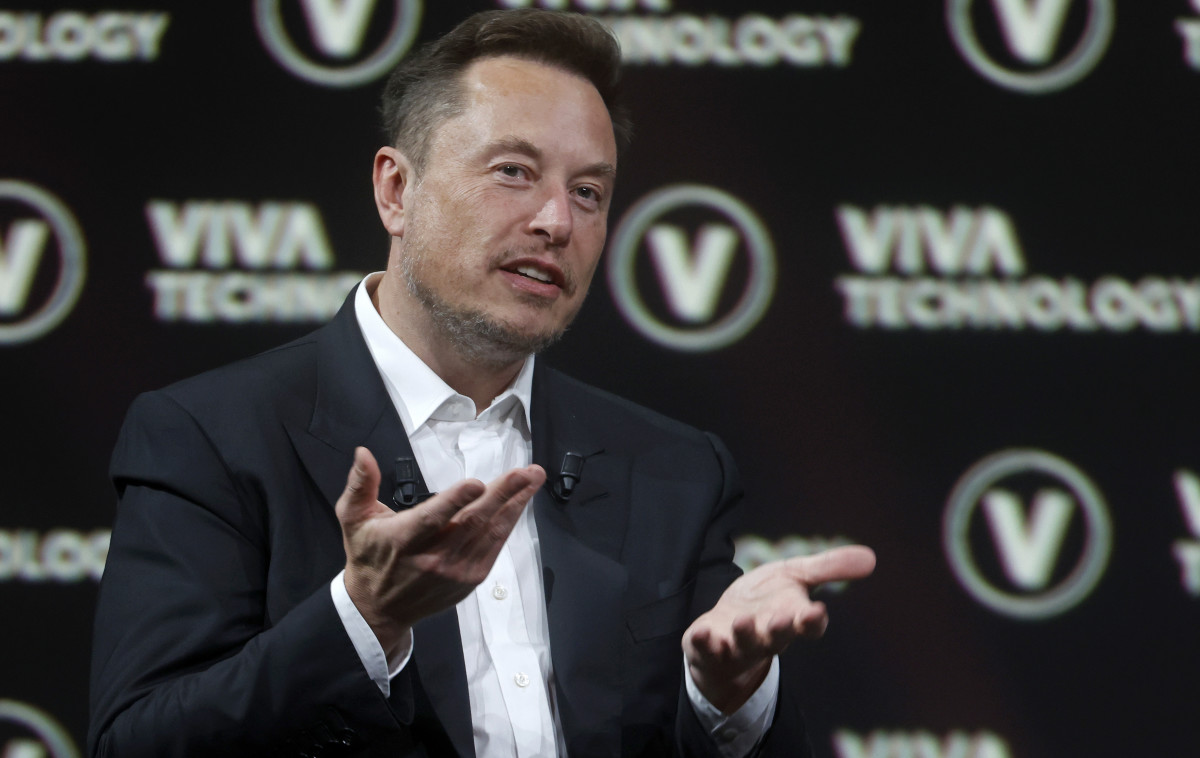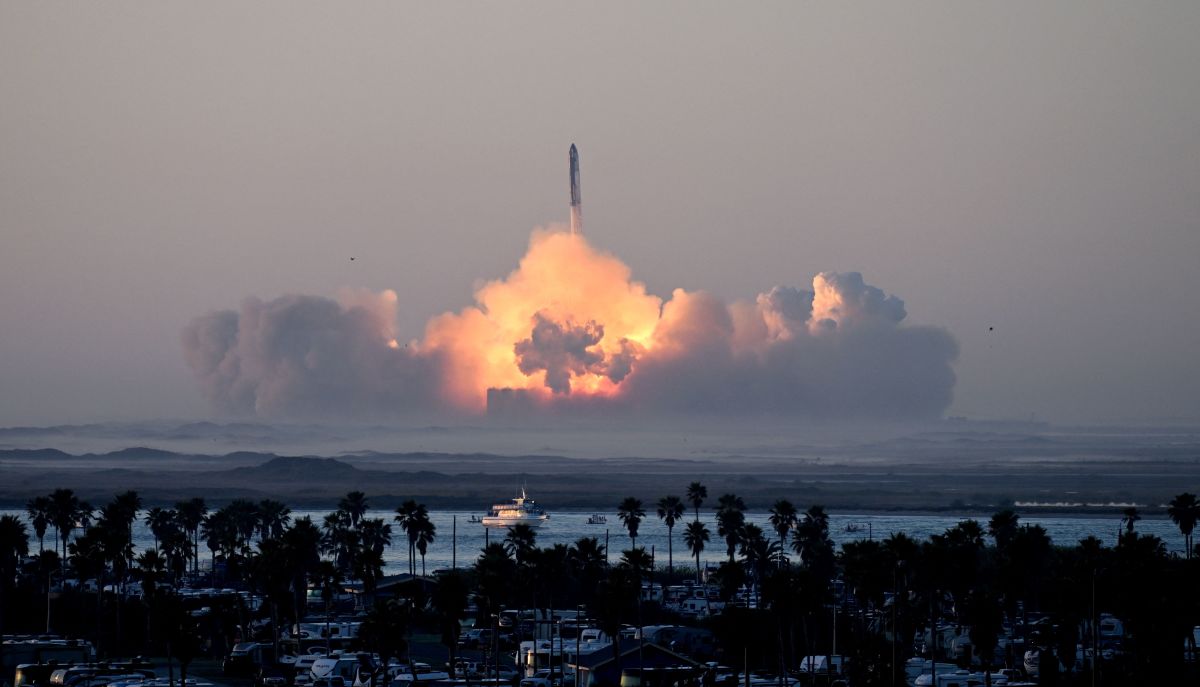
The U.S. Federal Communications Commission on Dec. 12 reaffirmed its 2022 decision to reject SpaceX's application for nearly $900 million in broadband subsidies.
Following SpaceX's challenge of the initial decision, the FCC said in a statement that Elon Musk's space company failed to "meet basic program requirements" in its bid to receive funding through the Rural Digital Opportunity Fund program.
The program is meant to expand broadband access in rural areas.
Related: The critical differences between Elon Musk's first and second Starship flight
The FCC said that, after passing an initial application stage, SpaceX later failed to demonstrate to the agency that it "could deliver the promised service." The agency said in its statement that funding the request would "not be the best use of limited" resources.
“The FCC followed a careful legal, technical and policy review to determine that this applicant had failed to meet its burden," FCC Chair Jessica Rosenworcel said in a statement.
Brendan Carr, a Republican commissioner on the FCC, wrote in a dissenting opinion that the FCC's decision "cannot be explained by any objective application of law, facts or policy," suggesting instead that it is actually the result of what he called the Biden Administration's "pattern of regulatory harassment" of Musk.
Carr said that the agency was unfairly holding SpaceX to 2025 service expectations, rather than assessing if the company's Starlink service would be capable of meeting those expectations by 2025.
The decision, Carr said, will leave rural communities "stuck on the wrong side of the digital divide."
Musk, agreeing with Carr's statement, said that the decision "doesn't make sense."
Starlink, he said, is the only service that is actively "solving rural broadband at scale."
Related: Why Elon Musk's SpaceX is a major driver for the space industry
"What actually happened is that the companies that lobbied for this massive earmark (not us) thought they would win, but instead were outperformed by Starlink, so now they’re changing the rules to prevent SpaceX from competing," Musk said.
The billionaire added that the Rural Digital Opportunity Fund ought to be dissolved and the funds returned to the taxpayers.
In September, Musk, responding to a Wall Street Journal editorial that questioned whether the Biden Administration had "it in" for him, said: "Sure seems that way."

SpaceX alone, as of April 2023, has received more than $15.3 billion in government awards since 2003, according to The Information.
SpaceX's Starlink service earned the company $1.4 billion in revenue in 2022, a significant increase from the $222 million it earned the year before.
The company expects to earn $15 billion in revenue in 2024, with Starlink alone responsible for a $10 billion share.
But even as Musk works to expand the internet service, which boasts a constellation of more than 5,000 satellites, its growth has been tainted by concerns over the geopolitical role the satellite arm has granted him.
Investors, meanwhile, remain excited about the many revenue opportunities associated with Starlink, with some expecting to see a Starlink spinoff and IPO sooner, rather than later.
Contact Ian with tips via email, ian.krietzberg@thearenagroup.net, or Signal 732-804-1223.
Related: Elon Musk has even bigger plans for SpaceX next year
Get exclusive access to portfolio managers’ stock picks and proven investing strategies with Real Money Pro. Get started now.







